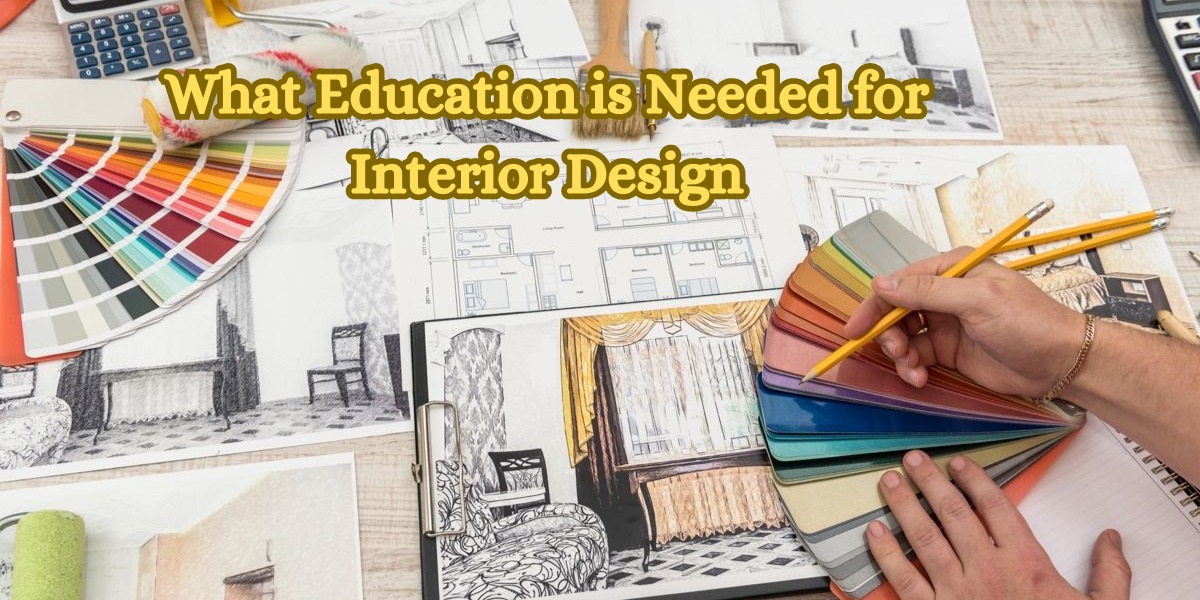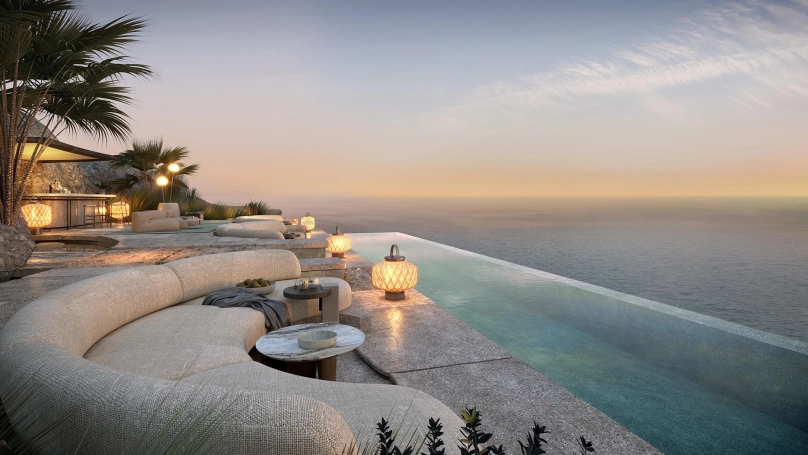Education for Interior Design: Exploring Pathways and Qualifications
Interior design is an intricate blend of creativity, technical skill, and understanding of space utilization. For those aspiring to embark on this dynamic career journey, a pertinent question arises: what education is needed for interior design?
Understanding Interior Design Education
Formal Education: The Foundation
A foundational step toward an interior design career often involves pursuing a formal education. This typically includes earning a bachelor’s degree in interior design, interior architecture, or a related field. These programs equip students with essential skills encompassing spatial planning, color theory, materials, and design principles.
Bachelor’s Degree Programs
Opting for a Bachelor of Fine Arts (BFA) or a Bachelor of Science (BS) in Interior Design from accredited institutions provides a comprehensive understanding of design fundamentals. Courses often cover topics such as:
- Design theory
- Architectural drafting
- Computer-aided design (CAD)
- Environmental psychology
Associate Degrees and Diploma Programs
Alternatively, some individuals begin their journey by pursuing associate degrees or diploma programs in interior design. While these might offer a shorter duration of study, they provide fundamental knowledge and can serve as a stepping stone toward further education or entry-level positions.

Supplementary Education and Certifications
In addition to formal education, seeking supplementary courses or certifications can enhance skill sets and broaden career prospects. Specialized courses in lighting design, sustainable design practices, or software proficiency (e.g., Adobe Creative Suite, AutoCAD) can add value to an interior designer’s skill repertoire.
Practical Experience and Internships
Internship Opportunities
Gaining practical experience through internships or apprenticeships is invaluable in the interior design realm. These opportunities allow aspiring designers to apply classroom knowledge in real-world settings, develop professional networks, and gain insight into industry practices.
Portfolio Development
Building a strong portfolio showcasing projects, designs, and practical work is crucial. A well-curated portfolio not only demonstrates skills and creativity but also serves as a testament to an individual’s style and capabilities.
Continuing Education and Specializations
Advanced Degrees and Specializations
For those seeking advanced knowledge or aiming for specialized roles within the field, pursuing master’s degrees or certifications in niche areas such as healthcare design, hospitality design, or sustainable design can be advantageous.
Professional Organizations and Continued Learning
Engaging with professional organizations and participating in workshops, seminars, or conferences ensures ongoing learning and networking opportunities. Membership in associations like the American Society of Interior Designers (ASID) or the International Interior Design Association (IIDA) can provide access to resources and industry updates.
In conclusion, the path to becoming a successful interior designer involves a combination of formal education, practical experience, continuous learning, and a passion for creativity. While a degree forms the foundation, ongoing skill enhancement and exposure to diverse opportunities play pivotal roles in establishing a thriving career in this vibrant field.
Interior Design Studio
An interior design studio serves as a creative hub where design concepts are brought to life. These spaces are where ideas flourish, concepts materialize, and creativity meets functionality. Studios often encompass a collaborative environment, housing talented professionals working on diverse projects, ranging from residential to commercial designs. They act as incubators for innovation and artistic expression, providing clients with unique and personalized design solutions.
Interior Design Company
An interior design company operates as a comprehensive entity, offering a spectrum of design services tailored to clients’ needs. These companies employ skilled designers, architects, and project managers who work cohesively to execute design projects. From conceptualization to implementation, interior design companies navigate through various phases, ensuring the delivery of aesthetically pleasing and functional spaces. They cater to residential, commercial, and hospitality sectors, providing tailored design solutions that align with clients’ visions and preferences.











